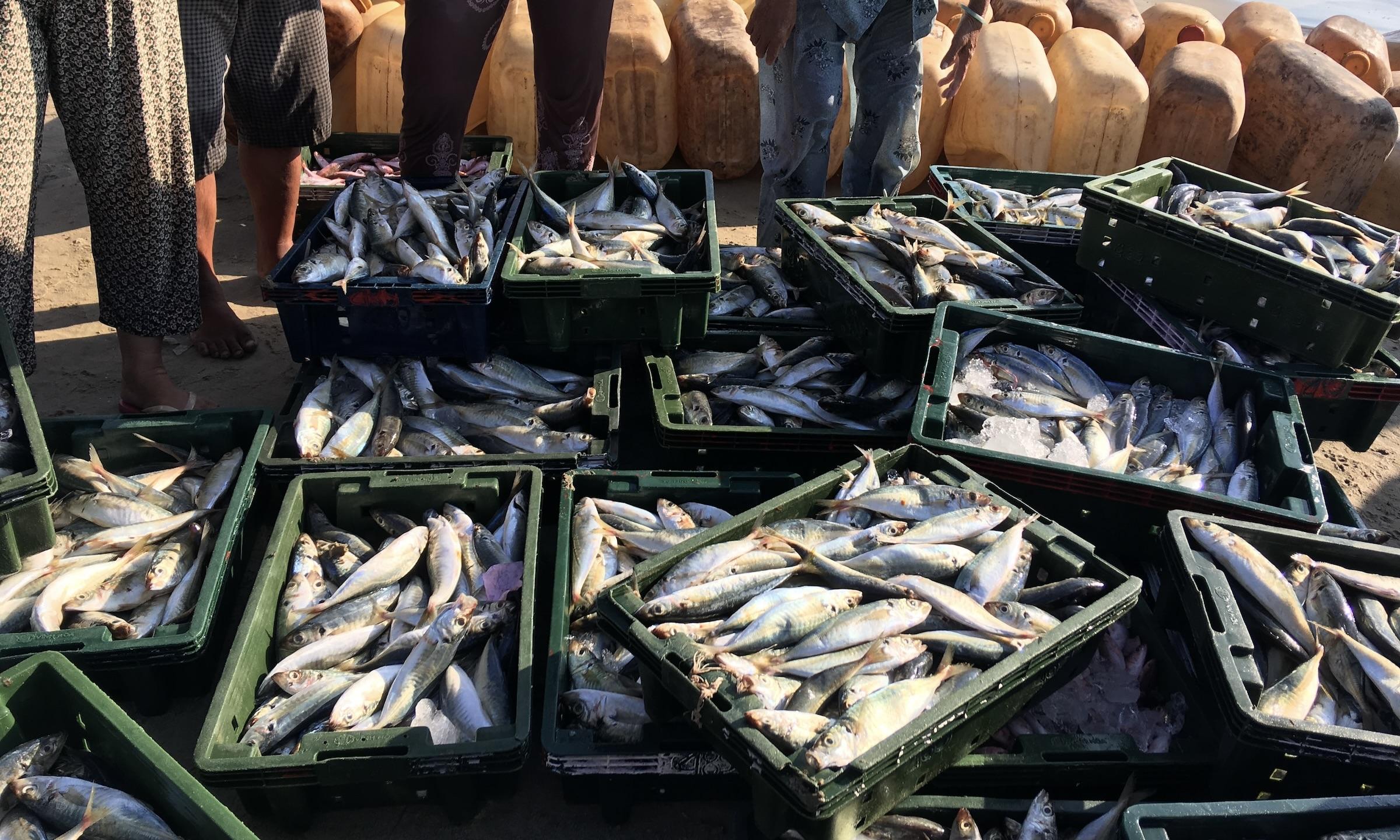To counter China's ban on Japanese seafood, the United States has initiated the purchase of Japanese seafood to supply its military stationed in the country. This unprecedented step marks a significant development in the ongoing economic tensions between the two nations.
The decision comes as a response to China's imposition of the ban following Japan's release of treated water from the Fukushima nuclear plant into the sea, as per Japan Today.
Strengthening Economic Cooperation
U.S. Ambassador to Japan, Rahm Emanuel, revealed this new initiative in a recent Reuters interview. He emphasized the importance of expanding cooperation to offset China's economic actions, which he labeled "economic wars."
By purchasing Japanese seafood, the United States aims to alleviate the impact of China's ban and strengthen economic ties with Japan.
Amidst China's claims of food safety concerns, the U.N.'s nuclear watchdog has confirmed the safety of the water release from the Fukushima plant, which began in August. In a show of international solidarity, G7 trade ministers have called for an immediate repeal of bans on Japanese food, demonstrating their confidence in the safety of Japanese seafood.
Emanuel announced that the seafood purchases would be part of a long-term contract between the U.S. armed forces and Japanese fisheries and cooperatives. The initial purchase involves a modest amount of scallops, a fraction of Japan's annual export to mainland China.
However, the U.S. plans to increase the purchases to include various types of seafood gradually. These products will not only be provided to soldiers but also sold in shops and restaurants on military bases.
Countering China's Economic Tactics
To counter China's economic coercion, Emanuel emphasized the effectiveness of assisting targeted countries or industries. The U.S. believes that supporting Japan's seafood industry is a strategic move to mitigate China's ban and protect the interests of both nations.
China's foreign ministry spokesperson, Wang Wenbin, responded to Emanuel's statements by urging diplomats to prioritize promoting friendship rather than stirring up trouble. China's reaction highlights the ongoing tensions between the two countries and the need for careful diplomatic navigation.
While the initial focus is on seafood for military consumption, Emanuel mentioned the possibility of expanding the initiative to include other imported fish from Japan and China. Additionally, discussions are underway to direct locally caught scallops to U.S.-registered processors, further enhancing economic cooperation between the two nations.
Photo: Duangphorn Wiriya/Unsplash



 Global Markets Slide as AI, Crypto, and Precious Metals Face Heightened Volatility
Global Markets Slide as AI, Crypto, and Precious Metals Face Heightened Volatility  China Extends Gold Buying Streak as Reserves Surge Despite Volatile Prices
China Extends Gold Buying Streak as Reserves Surge Despite Volatile Prices  U.S. Stock Futures Slide as Tech Rout Deepens on Amazon Capex Shock
U.S. Stock Futures Slide as Tech Rout Deepens on Amazon Capex Shock  Trump Signs Executive Order Threatening 25% Tariffs on Countries Trading With Iran
Trump Signs Executive Order Threatening 25% Tariffs on Countries Trading With Iran  Sydney Braces for Pro-Palestine Protests During Israeli President Isaac Herzog’s Visit
Sydney Braces for Pro-Palestine Protests During Israeli President Isaac Herzog’s Visit  Gold and Silver Prices Slide as Dollar Strength and Easing Tensions Weigh on Metals
Gold and Silver Prices Slide as Dollar Strength and Easing Tensions Weigh on Metals  Japanese Pharmaceutical Stocks Slide as TrumpRx.gov Launch Sparks Market Concerns
Japanese Pharmaceutical Stocks Slide as TrumpRx.gov Launch Sparks Market Concerns  Asian Markets Surge as Japan Election, Fed Rate Cut Bets, and Tech Rally Lift Global Sentiment
Asian Markets Surge as Japan Election, Fed Rate Cut Bets, and Tech Rally Lift Global Sentiment  Bangladesh Election 2026: A Turning Point After Years of Political Suppression
Bangladesh Election 2026: A Turning Point After Years of Political Suppression  Indian Refiners Scale Back Russian Oil Imports as U.S.-India Trade Deal Advances
Indian Refiners Scale Back Russian Oil Imports as U.S.-India Trade Deal Advances  Australian Household Spending Dips in December as RBA Tightens Policy
Australian Household Spending Dips in December as RBA Tightens Policy  Oil Prices Slip as U.S.-Iran Talks Ease Middle East Tensions
Oil Prices Slip as U.S.-Iran Talks Ease Middle East Tensions  Singapore Budget 2026 Set for Fiscal Prudence as Growth Remains Resilient
Singapore Budget 2026 Set for Fiscal Prudence as Growth Remains Resilient  Trump’s Inflation Claims Clash With Voters’ Cost-of-Living Reality
Trump’s Inflation Claims Clash With Voters’ Cost-of-Living Reality  South Africa Eyes ECB Repo Lines as Inflation Eases and Rate Cuts Loom
South Africa Eyes ECB Repo Lines as Inflation Eases and Rate Cuts Loom  Federal Judge Restores Funding for Gateway Rail Tunnel Project
Federal Judge Restores Funding for Gateway Rail Tunnel Project 































